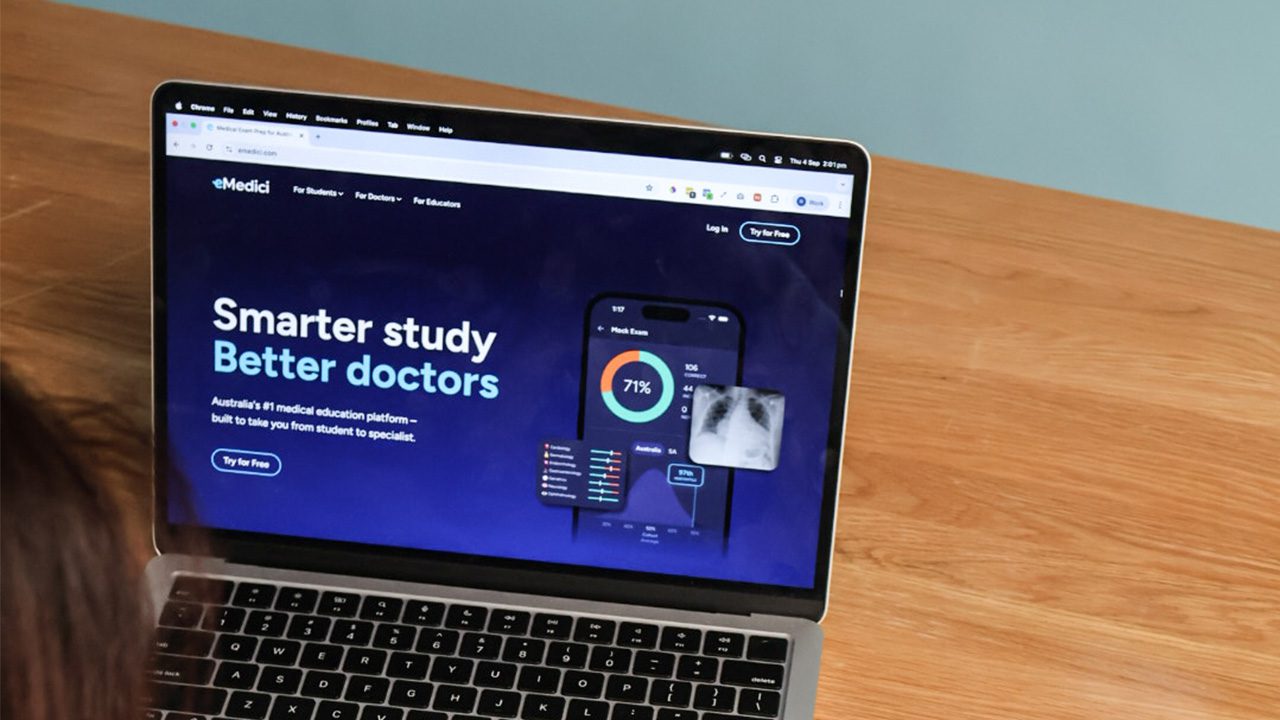Patient Education and Contraceptive Medicine
November 25, 2024
Bridging the Information Gap
In the context of women’s health, a topic that has steadily risen to the forefront is the importance of equitable access to contraceptive choice. While the advancements in contraception have been significant over the years, barriers still persist, leaving many women underserved and anxious about their options. A recent national survey, ‘Contraceptive Choice’, commissioned by Bayer and conducted by PureProfile, illustrates the troubling gap between available contraceptive methods and the support necessary for women to make informed choices about their reproductive health.
The survey reveals that 70 percent of Australian women feel undereducated about contraception, and over a third of young women report experiencing anxiety regarding their current contraceptive method. This anxiety and uncertainty are compounded by a lack of accessible, comprehensive information—a situation that invites medical professionals and policymakers alike to reflect on how best to respond to the needs of women today.
The crux of the problem may lie in the accessibility and visibility of reliable, unbiased information. Family Planning Alliance Australia Chair, Caroline Mulcahy, calls for empowerment through knowledge, emphasising that every woman deserves access to thorough information on the full range of options available. We cannot deny that we currently live In an age where misinformation can and does spread like wildfire. Therefore it’s vital that healthcare systems make a concerted effort to equip women with accurate information on both traditional and long-acting reversible contraceptives (LARCs). The survey findings invite us to question: are we, as healthcare professionals, providing sufficient support to help women navigate these complex choices?
The Role of GPs: Essential but Under-Resourced
Whilst digital accessibility on the topic is paramount, general practitioners (GPs) play an irreplaceable role in contraceptive care and education. GPs are often the primary source of contraceptive information, yet they face challenges in providing comprehensive counselling due to the limitations of the current Medicare Benefits Schedule (MBS). While GPs are responsible for advising patients on the best contraceptive methods, performing IUD insertions, and managing other contraceptive needs, the current system does not adequately compensate them for these services. Dr. Lara Roeske, Chair of the RACGP Board, highlights the need for increased Medicare rebates and specific training for GPs in IUD insertion to ensure that women receive the support and information they need. Medical professionals are left to ponder: can we truly offer patient-centred care when the system doesn’t prioritise adequate remuneration or support for critical contraceptive services? This under-resourcing not only places GPs in difficult positions but also risks creating disparities in access, particularly among rural or underserved populations where healthcare options are limited.
In addition to this, with the luxury of research ever-evolving in this space, it’s essential that GPs consider contraceptive education a pillar of their work, and dedicate professional development time to this cause. However this can only be considered a vital area when Medicare adequately compensates the skills and educational outputs concurrently.
Key Barriers to Effective Contraceptive Choice
One of the most alarming insights from the survey is that despite six decades of contraceptive availability and research, a significant number of women still face unintended pregnancies. LARCs, such as IUDs and contraceptive implants, are among the most effective forms of contraception, yet only 11 percent of Australian women aged 15 to 44 use them. In comparison, the United Kingdom boasts a LARC uptake rate of 44.1 percent. This discrepancy suggests that systemic factors, including cost and accessibility, are major deterrents — in addition to GP knowledge and education on the available forms.
Women face substantial out-of-pocket expenses and logistical barriers when considering LARCs. With limited rebate coverage, the insertion of an IUD becomes costly, often resulting in women opting for less effective methods due to financial constraints. The proposal to increase the MBS rebate for IUD insertions from $77.65 to $222.65 aims to address this barrier, but is it enough? Or, perhaps, should a broader range of contraceptive services receive similar financial support to foster equity in access?
Addressing the Fear Factor
While access and affordability are undeniable issues, the survey also highlights fear and lack of knowledge as additional barriers. Nearly half of the women surveyed expressed concerns about potential side effects, and many are apprehensive about the time and costs involved in switching contraceptives. This underscores a pressing need for not only education but also reassurance from healthcare providers.
If women are reluctant to try new methods due to fear of side effects, how can we, as medical professionals, build trust and mitigate those fears? The answer may lie in both communication and continuity of care, fostering an environment where women feel comfortable asking questions and exploring new options.
The Role of Awareness Campaigns in Shaping Choices
Education must be a cornerstone of any reform. The proposed national contraception awareness campaign could play an instrumental role in closing the information gap, especially for younger women who often rely on social media for information on contraception. A campaign that is factual, accessible, and tailored to address common misconceptions would provide women with the tools they need to make informed decisions.
Yet, the success of such a campaign relies heavily on its reach and relatability. Given that misinformation about contraception is rampant, how can medical professionals ensure that GP voices are heard above the noise?
An Invitation for Reflection
The findings from the ‘Contraceptive Choice’ survey prompt us to reflect on how we, as healthcare professionals, policymakers, and advocates, can better support women’s autonomy and wellbeing. They open an essential conversation about equitable access to contraception and invite us to consider what reforms might truly make a difference in women’s lives.
Supporting women’s reproductive choices requires collaboration, open dialogue, and flexibility in our approach. How can we work together to create a healthcare system that respects diverse needs and upholds every woman’s right to informed choice? This is an ongoing discussion—and your thoughts, experiences, and ideas are vital to shaping the path forward.
Bayer data on file ‘Contraceptive Choice Consumer Survey Insights’. 2024. COR-PF-WHC-AU-0019-1 Federal Government, 2024. Women’s Budget Statement. Available at: https://budget.gov.au/content/womens-statement/download/womens-budget-statement-2024-25.pdf. Accessed September 2024.
C. Swannell, 2018. Almost one-third of unplanned pregnancies end in abortion. Available at: https://www.mja.com.au/journal/2018/almost-one-third-unplanned-pregnancies-end-abortion. Accessed September 2024.
Grzeskowiak et al, 2020. Changes in use of hormonal long-acting reversible contraceptive methods in Australia between 2006 and 2018: A population-based study. Available at: https://pubmed.ncbi.nlm.nih.gov/33095452/#:~:text=It%20is%20estimated%20that%20in,doubled%20over%20the%20past%20decade.












